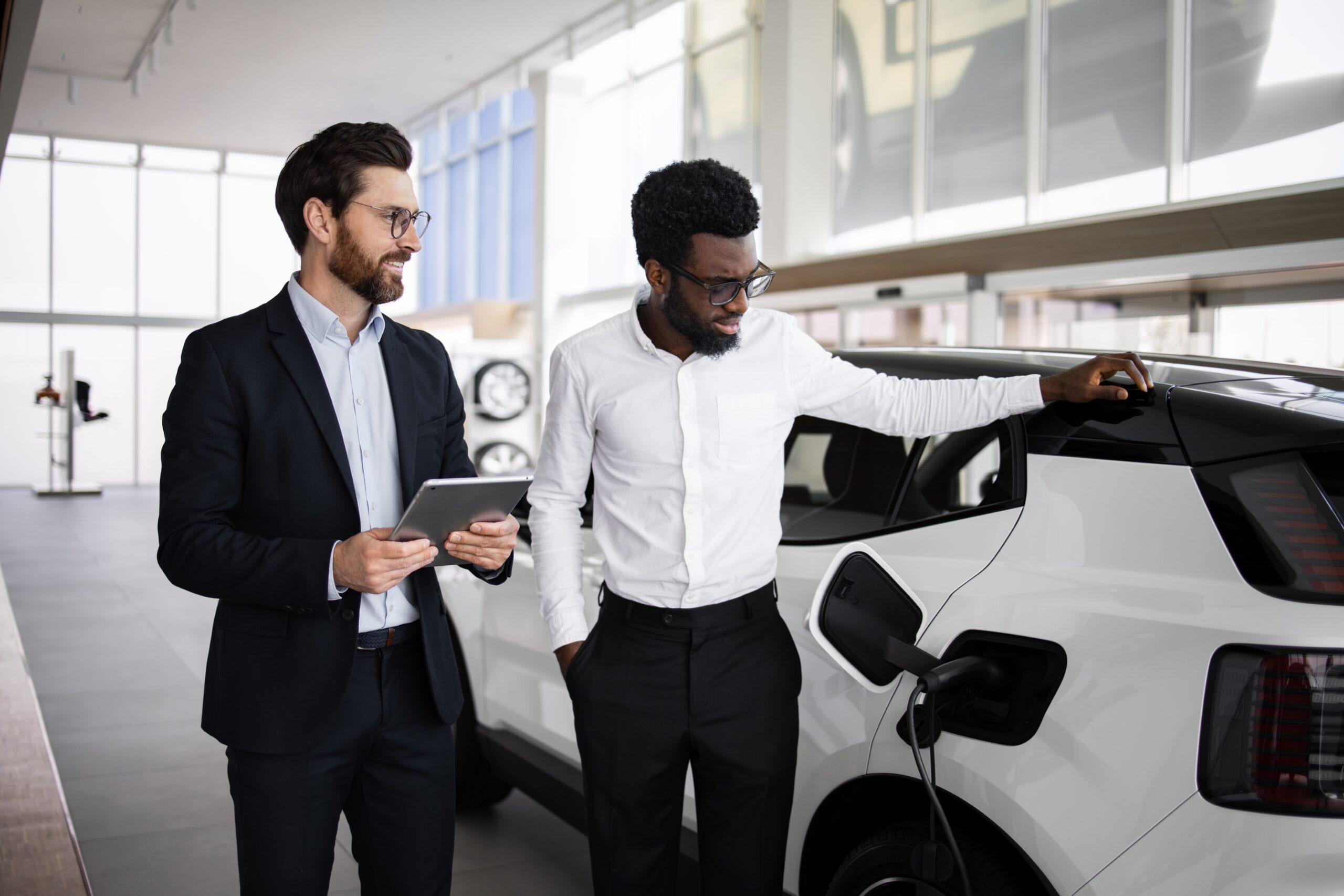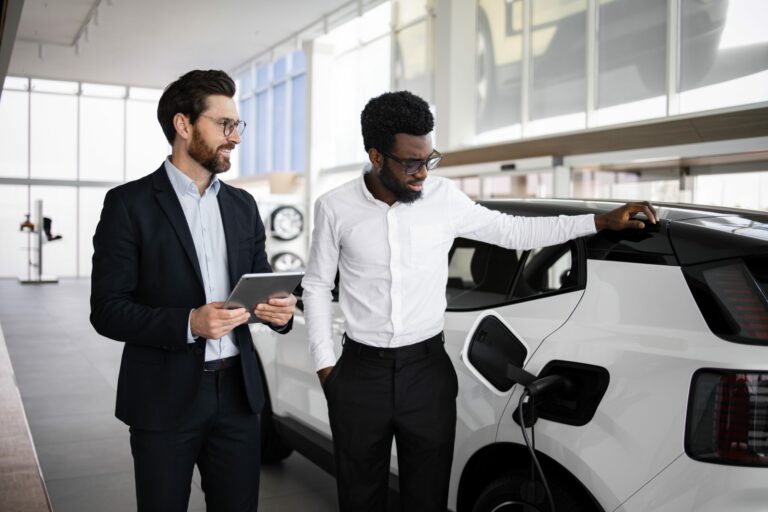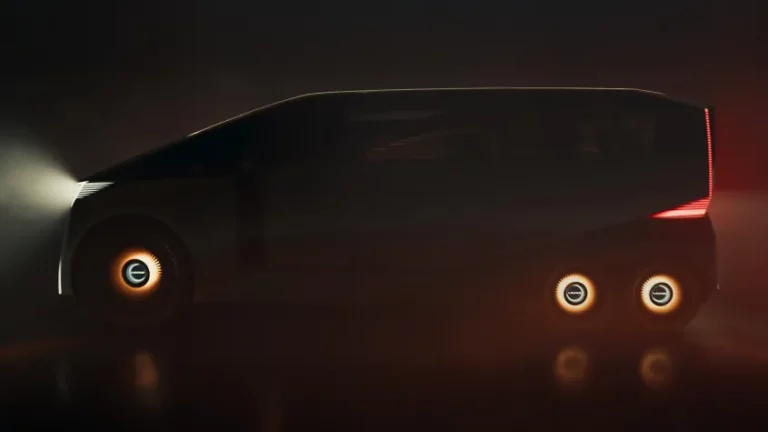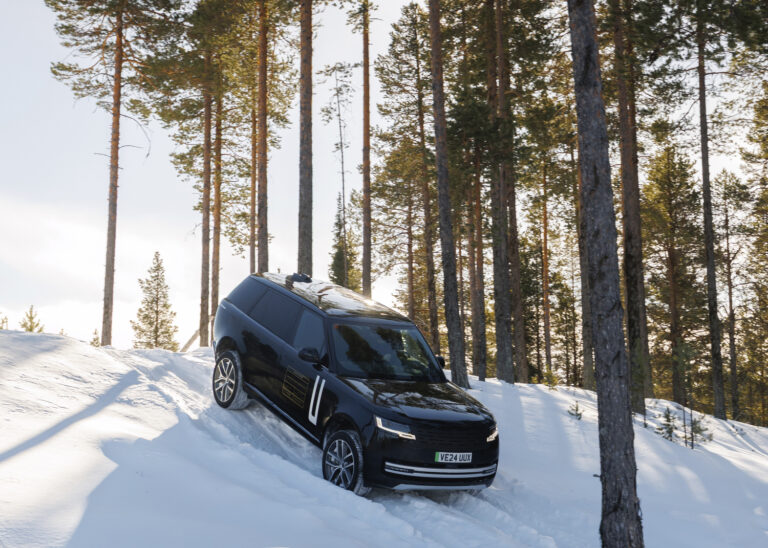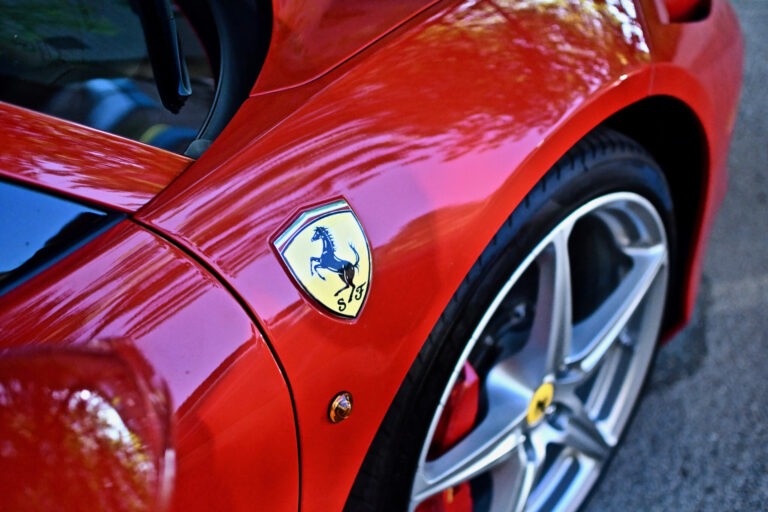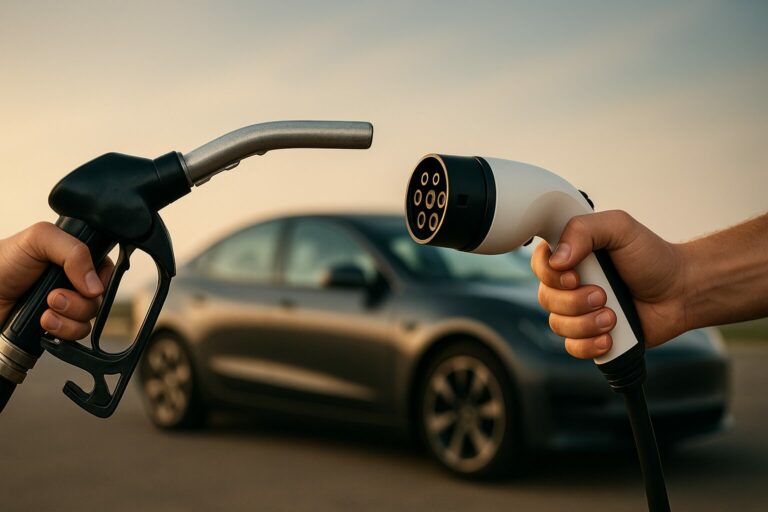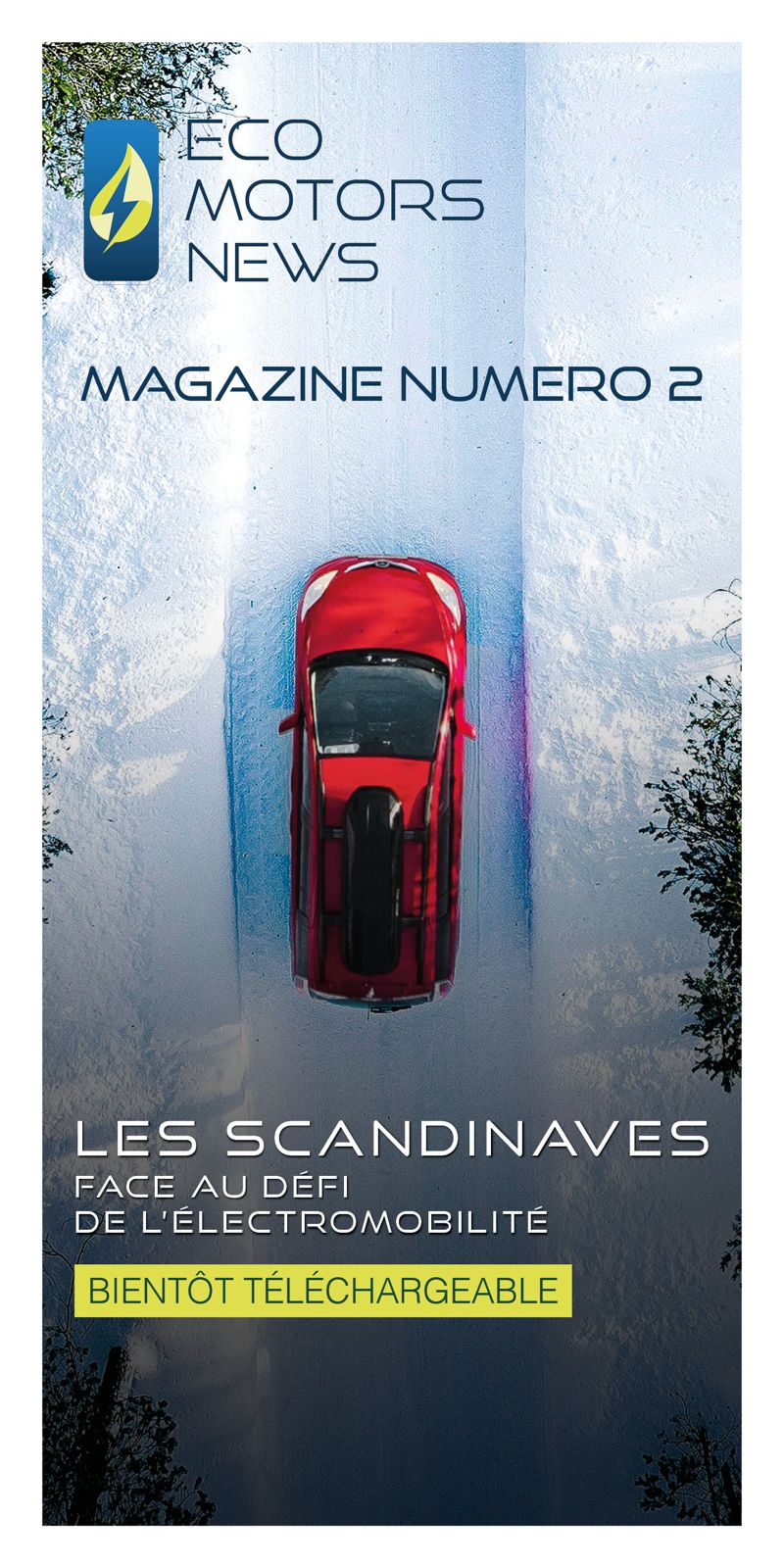As the boom in electrified vehicles intensifies, the question arises: what do the French really think? From curiosity and caution to expectations and reticence, let’s decipher these opinions through a number of recent studies and personal accounts.
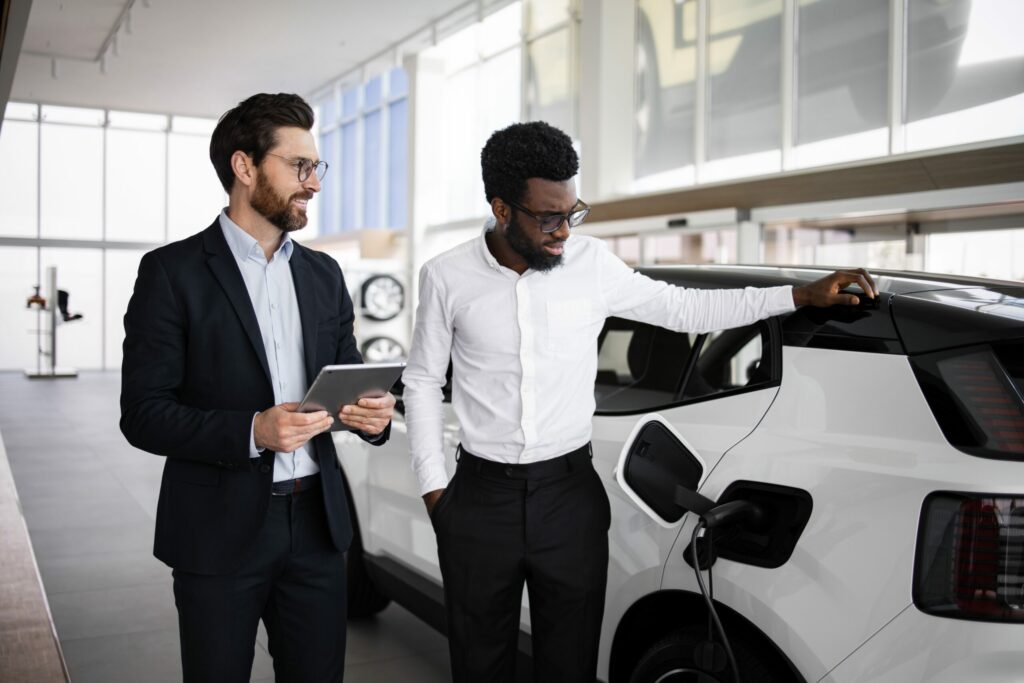
241,054: that’s the number of electric vehicle registrations in 2025. These figures, from Avere-France, AAA Data and the PFA, mean that this range of vehicles will now account for 20.8% of the market and overtake petrol in terms of registrations for the first time. However, the adoption of electric vehicles is still very divisive. According to a survey by Ifop (Institut français d’opinion publique) for La Centrale, 37% of French people would be open to buying an electric vehicle in the medium to long term. This would be the case if the price were equivalent to that of a combustion engine car.
Prejudices still too prevalent
An Ifop study for the Roole media shows that the French are still too inclined to trust preconceived ideas. In fact, out of a sample of over 1,000 people, 57% said they were well-informed about electric cars. Among them, 86% thought that battery life was too limited, and 80% believed that electric cars were only for people who didn’t make long journeys. A surprisingly high figure, given that the average range of new vehicles is now over 430 km, according to Avere-France.
For ECO MOTORS NEWS, we interviewed a number of motorists at the Lyon Motor Show. And on this subject, opinions differ…
For Franck (47), a hybrid car will replace his EV:
» What bothered me was the car’s range. For long journeys, I was a bit worried. So I’m thinking of switching to a second-hand hybrid. I’ve reduced the budget because there’s no longer a government bonus on electricity.
Conversely, Léo (25) puts things into perspective:
» Frankly, I’ve never been bothered – there are bollards just about everywhere now.
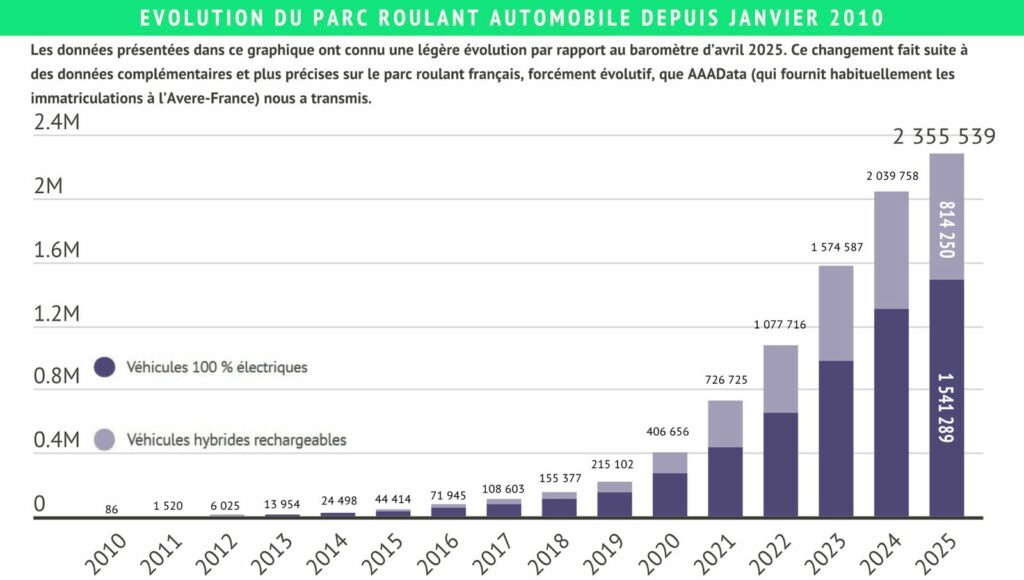
An efficient network of charging stations
For many French people, recharging an electric vehicle is still a headache: long queues, interminable recharging times, lack of accessible charging points… So many worries that put off potential buyers. In reality, however, the situation is far less dramatic than you might think.
By 2025, France will have more than 160,000 public charging points, according to Avere-France and Gireve. This is an increase of almost 40% in just one year. The network has become denser throughout the country. 95% of charging points now have an availability rate of over 90%. We are therefore far from the image of an under-equipped country. However, the perception remains strong. According to an Ifop survey for Roole, 34% of French people still consider the network « insufficient. » Additionally, one in two doubts the reliability of public charging points.
These concerns were echoed in the comments made at the show. Two rather curious young visitors said: » I’m a bit sceptical about going electric; it’s good for short journeys, but if you think about recharging points, I have the impression that it’s still sometimes a problem for motorists.
And yet, according to the latest Deloitte 2025 barometer, 63% of electric vehicle drivers recharge their batteries mainly at home. In other words, dependence on the public grid is much less than we might imagine, which makes some of the obstacles more psychological than practical.
Price: a common barrier
If there’s one point on which all the surveys agree, it’s the cost of buying one. According to the Ifop / Roole survey, 47% of French people cite price as the main barrier to buying an electric vehicle. And despite the ecological bonuses, the end of certain state subsidies in 2025 has accentuated the feeling of economic difficulty.
Matthieu (24) explains:
» I’d love to go 100% electric, but it’s too expensive. I think the most sensible solution would be to take out a lease.
He is not an isolated case. Another Deloitte study states that the majority still consider the initial investment « too high ». On the other hand, EV drivers who have already converted put things into perspective: 88% say they have reduced their overall expenditure thanks to lower energy costs and virtually no maintenance.
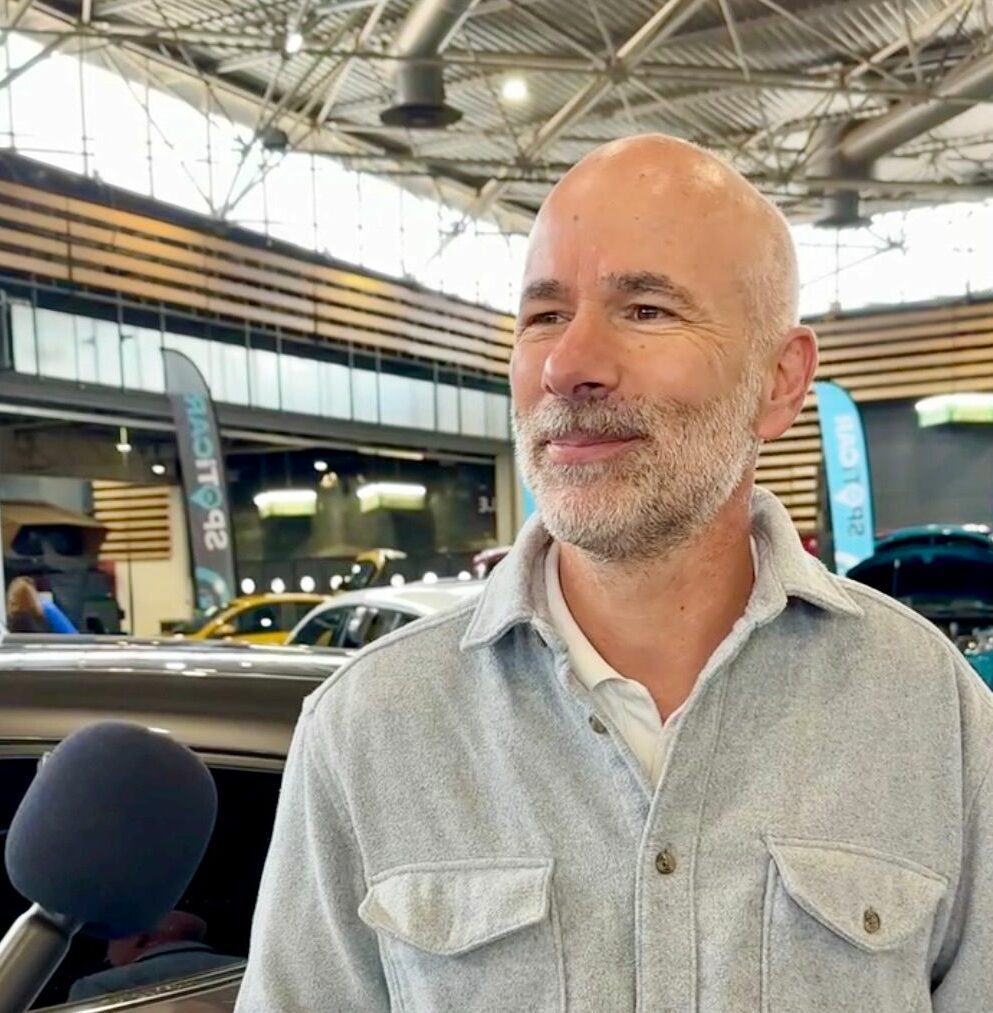
Hybrids: the reassuring compromise
Faced with these various obstacles, hybrids are often the gateway to electric vehicles. The 2025 Mobility Barometer (Arval / Ipsos) shows that 42% of French people now prefer hybrids when buying a new car. This observation is echoed in the field:
« I’ m relatively happy with hybrids. I wouldn’t know about all-electric, I haven’t tested it yet « , confides Mehdi (26), a young entrepreneur who has come to canvass brands at the show.
But the logic is not uniform. Jacques (65) and Ludovic (39) are two examples:
» I currently have a hybrid, but I’m here because I’ve just ordered a 100% electric car, the new BMW iX3. I’m interested in technology and new things; I’m a bit curious.
» I’m starting to switch to 100% electric, because the brands have evolved. I liked the hybrid, but today, fiscally, it’s still more interesting to switch to a 100% electric company car.
Does this put a damper on driving pleasure?
Obviously, you can’t talk about cars without talking about driving pleasure. And on this subject too, there are significant discrepancies between perception and reality. While studies confirm that almost one in two French people believe that « electric cars take the fun out of driving », paradoxically 82% of EV users say the opposite: they find their vehicle more enjoyable and more efficient.
The figures prove it: electromobility is making progress, but change – like the adaptation of attitudes – takes time. The network of charging points is expanding, range is increasing, running costs are falling… and yet fears persist, often more out of habit than experience.

